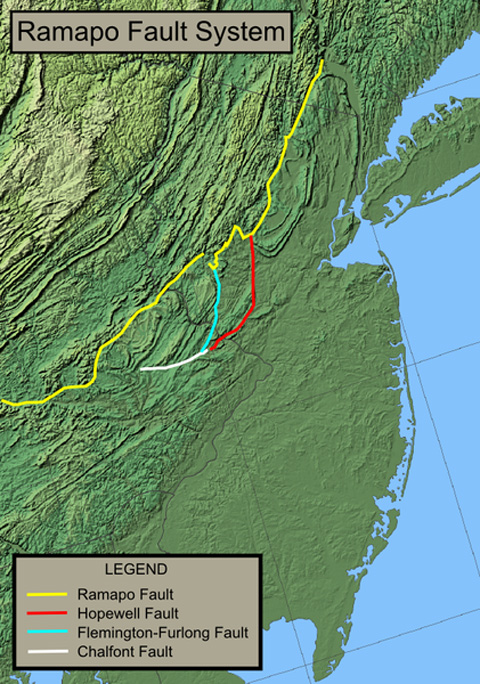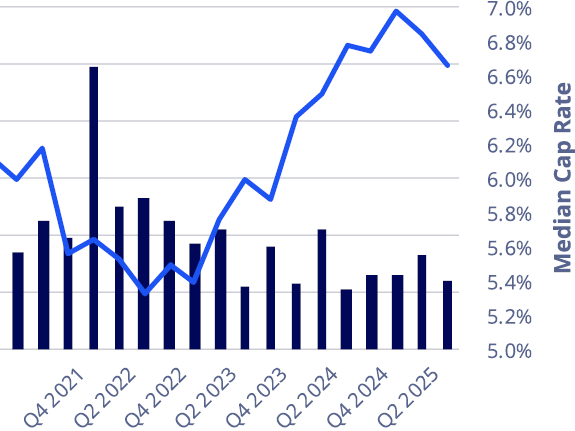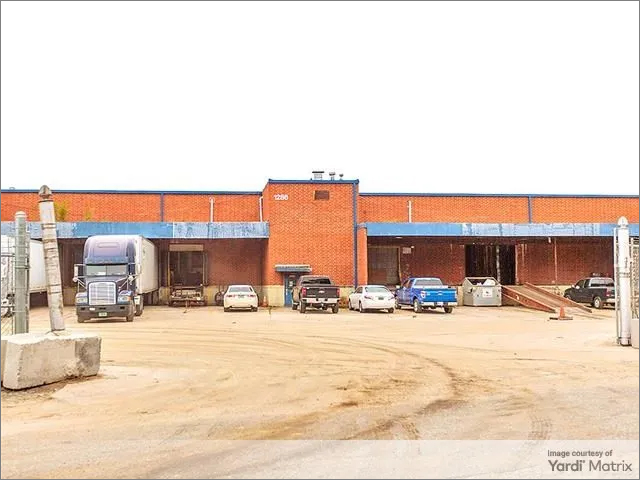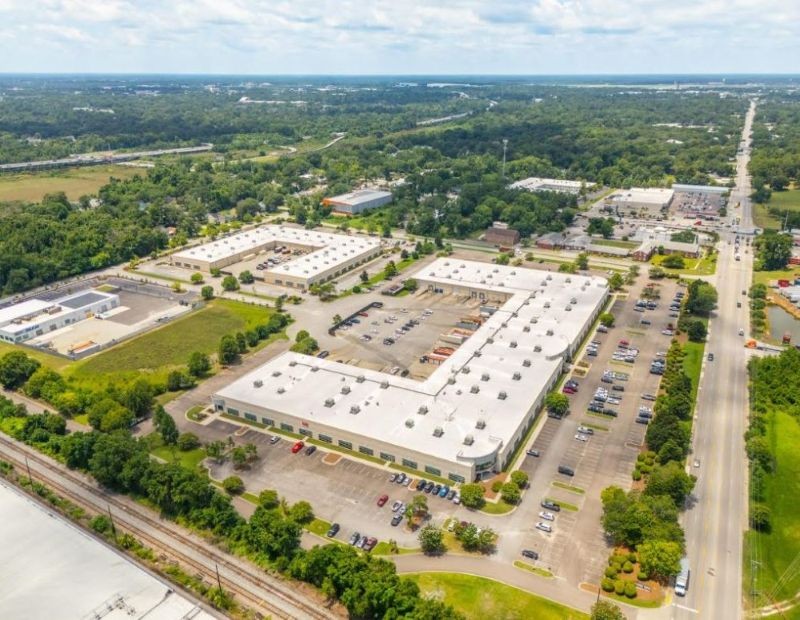Dealing with an Earthquake’s Aftermath
The 5.9 shock that registered on the East Coast yesterday thankfully saw no injuries but served as a call to review precautionary measures for real estate and for infrastructure.
August 24, 2011
By Nicholas Ziegler, News Editor
It was anything but a normal Tuesday afternoon as almost the entire East Coast felt the effects of a 5.9 earthquake. The rumble, which emanated from outside Mineral, Va., near Richmond, Va., hit at 1:51 p.m. ET, according to the U.S. Geological Survey.
Since 1900, earthquakes have occurred in 39 U.S. states. Minor earthquakes, for instance, struck states such as Illinois and Nevada in 2008. There has not been a major quake on the U.S. mainland, however, since the 6.7 magnitude Northridge, California, event in January 1994 — making yesterday’s event all the more surprising.
For some, the tremblings brought to mind the recent earthquake and tsumami in Japan, especially those who live near nuclear-power facilities. As a precautionary measure, 10 plants in Maryland, Virginia, Pennsylvania and New Jersey were shut down. The Tennessee Valley Authority, in the same cautionary mindset, is inspecting 15 of its dams and facilities.
“The seismograph at Tellico Dam was the only TVA site that recorded any shaking as a result of the earthquake,” TVA Chief Operating Officer Bill McCollum said. “TVA is inspecting its nuclear plants and several dams and impoundments out of an abundance of caution to be sure the earthquake had no effect on these facilities.”
Peter Belisle, chairman of Jones Lang LaSalle’s project and development services group — and a resident Californian — mentioned three specific areas of concern for property managers. The first step, he says, is to ensure there are no gas leaks from ruptured lines or pipes. After looking at a building’s structural integrity, searching for obvious signs of weakness or failure, it’s important to prepare both building and inhabitants for any possible aftershocks.
Insurance, too, is a factor in the world of commercial real estate. Most building and homeowner policies do not cover earthquakes and require supplemental riders. “Everyone, no matter where they live, should contact their agent or company representative to make sure that they have the right type and amount of insurance,” said Jeanne M. Salvatore, senior vice president of Public Affairs and consumer spokesperson for the Insurance Information Institute.
While no New Yorkers were hurt, the city’s transit network was quick to issue a statement. “There have been no earthquake-related service disruptions on the MTA network,” the mta.info site read. “Operating personnel have conducted preliminary inspections and have not observed any immediate indications of damage. Out of an abundance of caution, field engineers have begun a more thorough inspection process that will focus on elevated structures and tunnels and is expected to last into the overnight hours.”
New York Governor Andrew Cuomo issued a statement indicating that “the state is initiating comprehensive reviews of critical and sensitive infrastructure including the state’s hydroelectric plants, nuclear power plants, key bridges and tunnels, and other assets.”








You must be logged in to post a comment.